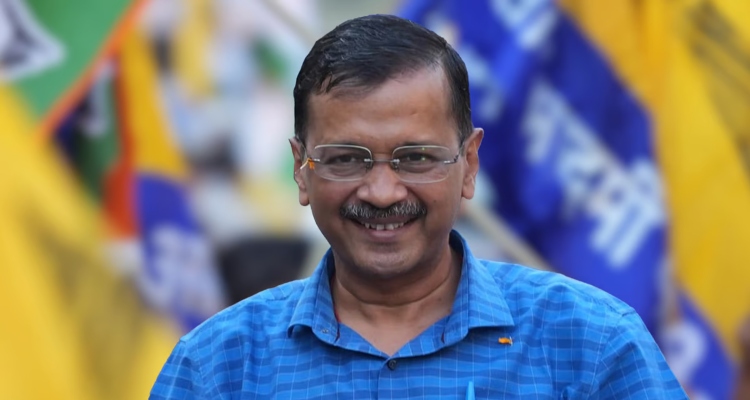
The Supreme Court on Monday deferred by six weeks the hearing on Chief Minister Arvind Kejriwal’s plea challenging a Delhi High Court order upholding the summons issued to him in a criminal defamation case. The case stems from Kejriwal’s retweeting of an allegedly defamatory video circulated by YouTuber Dhruv Rathee in 2018.
A bench of Justices Sanjiv Khanna, Sanjay Kumar, and R Mahadevan scheduled the matter for hearing in six weeks after senior advocate Abhishek Singhvi (representing Kejriwal) requested additional time to work out a settlement. Singhvi expressed regret over the delay, noting, “Currently, too many things are going on in this man’s life.”
Advocate Raghav Awasthi, representing the complainant, argued that while time for settlement is acceptable, it should not be unlimited and negotiations must proceed. Singhvi acknowledged Kejriwal’s regret over the retweet but asserted that any settlement terms cannot solely be dictated by the complainant.
The bench postponed the hearing to allow the parties time to reach a settlement. Earlier, Kejriwal admitted to the Supreme Court that he “committed a mistake” by retweeting the allegedly defamatory video. On March 11, the court had inquired whether Kejriwal wished to apologize to the complainant.
On February 26, Kejriwal had told the apex court that he made a mistake by retweeting the video related to the BJP IT Cell. The complainant’s counsel suggested that Kejriwal issue an apology on social media platforms such as ‘X’ or Instagram.
The Supreme Court had previously directed the trial court not to proceed with the defamation case involving Kejriwal until further orders. In its February 5 verdict, the High Court stated that reposting alleged libelous content could attract defamation laws and emphasized that retweeting defamatory content without a disclaimer could lead to penal, civil, and tort actions.
The High Court had refused to quash the trial court’s 2019 order summoning Kejriwal, noting that the repercussions of a public figure retweeting a defamatory post extend beyond mere hearsay. It warned that allowing misuse of retweeting or reposting could encourage ill-intentioned individuals to exploit this legal grey area.
Kejriwal had argued in the High Court that the trial court did not appreciate that his tweet was not intended or likely to harm the complainant. The complainant, Vikas Sankrityayan, alleged that the YouTube video titled ‘BJP IT Cell Part II,’ circulated by Rathee, contained false and defamatory allegations.




